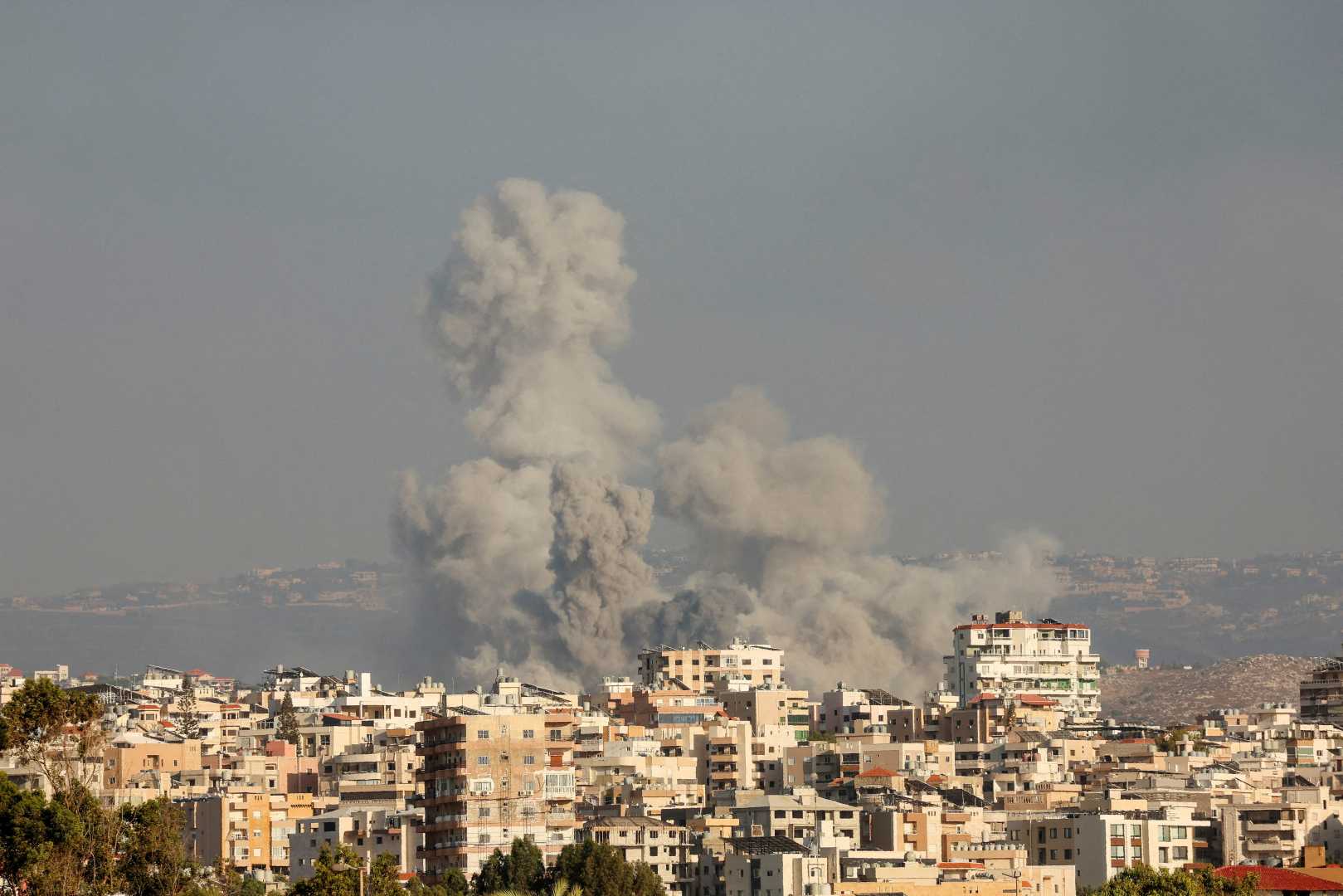News
Israel’s Escalating Conflicts: Attacks on UN Forces, Journalists, and Gaza Civilians

Israel‘s ongoing conflicts in Gaza and Lebanon have intensified, with significant repercussions for international relations and human rights. Recent attacks by the Israeli military have targeted United Nations peacekeepers, journalists, and civilian populations, sparking widespread condemnation and concerns about humanitarian crises.
In Lebanon, Israeli airstrikes have resulted in the deaths of three Lebanese journalists, including Ghassan Najjar and Mohamed Reda from Al-Mayadeen, and Wissam Qassem from Hezbollah‘s Al-Manar TV. The strike hit a building known to house journalists in the Hasbaya area, which was clearly marked as a media hub. This incident has been labeled as a deliberate attack on journalists by Lebanon’s information minister, Ziad Makary, who accused Israel of violating international law.
Additionally, Israel’s military actions have targeted UN peacekeepers. A leaked report from the United Nations Interim Force in Lebanon (UNIFIL) indicates that Israel has targeted UN positions on 12 occasions, including the use of white phosphorus, a substance condemned by human rights organizations. Since October 1, UNIFIL has documented approximately 25 incidents resulting in damage to UN property or facilities.
In Gaza, the situation remains dire. Israeli airstrikes have hit a hospital and a school housing displaced Palestinians, resulting in significant civilian casualties. The strikes have exacerbated supply shortages and heightened international pressure for a cease-fire. The Israeli military’s actions have led to mass evacuations of around 20,000 Palestinians from northern Gaza, with reports of severe food shortages and civilian casualties.
Political tensions are also rising, with Israeli politicians discussing strategies for a lasting Israeli military presence and the creation of new Jewish settlements in Gaza. Despite this not being official policy, the support from high-ranking ministers and legislators suggests a shift towards more aggressive territorial control. This move is opposed by some within Israel, who argue it will lead to further conflict and violate international law.
The conflict has also strained Israel’s relationship with the international community, particularly the United Nations. A bill is being discussed in the Israeli parliament to prohibit the United Nations Relief and Works Agency for Palestine Refugees in the Near East (UNRWA) from operating in Gaza, further escalating tensions. The historical role of the UN in Israel’s creation is also being contested by Prime Minister Benjamin Netanyahu‘s office, which denied the UN’s significance in Israel’s founding.












